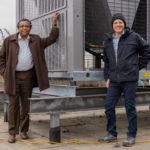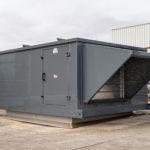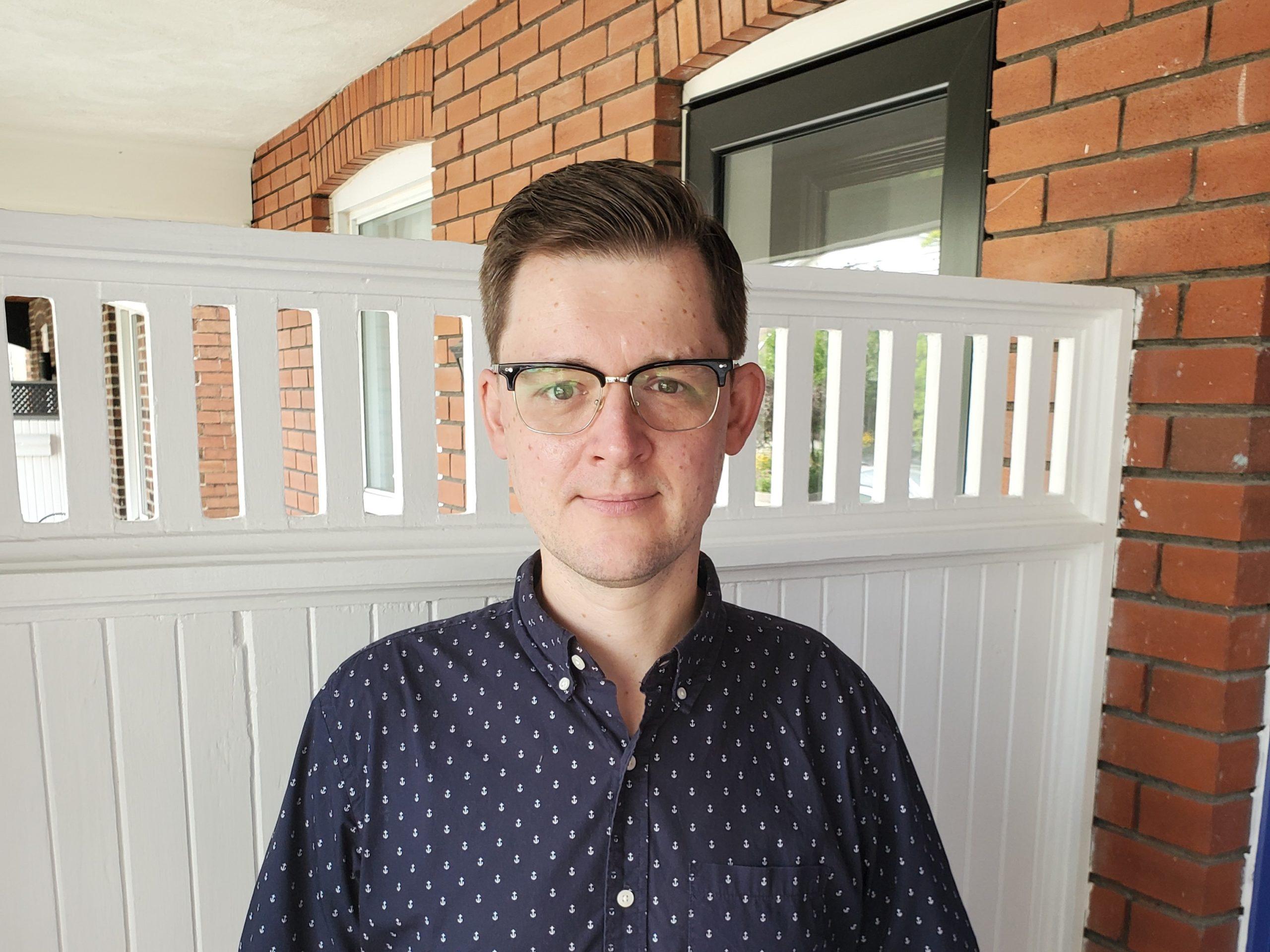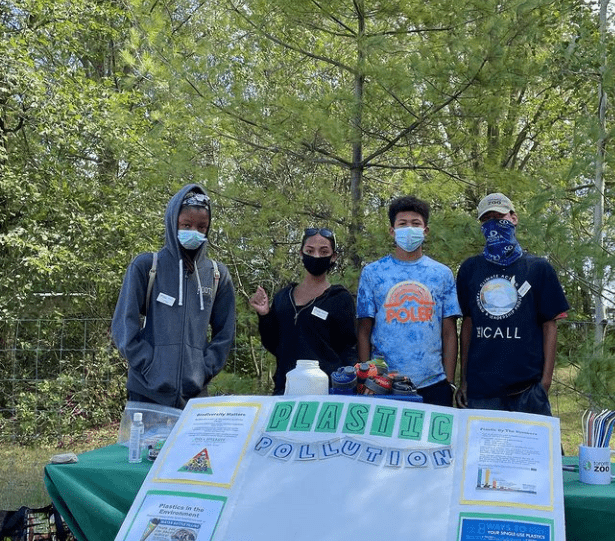WoodGreen wraps up starting phase of a first-of-its-kind retrofit project at eight of its buildings
Can affordable housing be leaders in achieving asset modernization, sustainability, and climate change goals from innovative energy-saving financial return models? Yes, it can be. And we have proof that it can be done.
Recently, the first phase of an ambitious and innovative 10-year, $3-million energy and water savings retrofit project was completed at eight of WoodGreen Community Housing’s buildings totalling 700 plus units. For the project, WoodGreen Community Housing commissioned Efficiency Capital, which brought in engineering firms Finn Projects and SensorSuite Inc. to develop and implement this unique financial model for building retrofit. The project was financed through loans from Efficiency Capital/The Atmospheric Fund, City of Toronto’s Better Building Partnerships loan as well as WoodGreen’s capital reserves.
This project is a first-of-its-kind in Canada to combine upfront loan financing by WoodGreen, private, public partners that will be paid for through directly monetized monthly energy savings. This energy savings performance-based financing approach has already received international attention, and hence is the first project in Canada to achieve the internationally recognized Investor Ready Energy Efficiency (IREE) certification, awarded by the national Green Business Certification Inc. Canada.
The project is a quadruple win for WoodGreen, our clients, and the environment
The project has brought numerous benefits for WoodGreen’s building assets and their residents, and the environment. First, it provided much-needed improvements immediately — such as replacing the boilers, chillers, make-up air units etc. — to the aging buildings, which also improved the air quality and overall comfort of tenants’ homes.
The updates also include an Energy Cloud Ecosystem platform that creates an optimized human experience by helping to unify different building legacy assets, allowing them to interact with each other. With this platform, building operators can seamlessly monitor, control, and optimize electricity, gas, and water assets through one dashboard viewing multiple facilities at once. Operators can do this by simply using their cell phone, tablet, or computer to gain access to the Energy Cloud Ecosystem platform to all of their buildings.
Second, the savings from this project will mean that WoodGreen won’t incur any additional operating costs in order to finance its capital deficit. In fact, the upgrades will provide nearly $5.7 million in savings over the next 20-30 years and will allow WoodGreen to avoid approximately $6.1 million in capital costs that could then be used for other improvements. That means clients won’t face service level reductions to pay for the building energy savings and modernization costs.
Thirdly, through tracking its energy savings and monetization to pay the project lenders, WoodGreen’s accounting data system is now able to accurately and over time report on the outcomes of the project’s sustainability and climate change goals.
Finally, WoodGreen’s building portfolio will reduce its carbon footprint by 250 tonnes per year, supporting the City of Toronto’s TransformTO climate action strategy to reduce greenhouse gas emissions to 65 percent of 1990 levels by 2033. This will help to combat climate change and will have a positive impact on our local environment.
The model can be replicated by other non-profits
This model, pioneered by Efficiency Capital and WoodGreen, shows that it’s possible for non-profits to modernize their buildings, make them more energy-efficient, and use the savings to pay back financial loans associated with the project. The model has tremendous potential especially for the private rental sector to leverage energy savings for capital improvements without typically resorting to increasing tenants’ rents.
WoodGreen Community Housing is one of the largest non-municipal providers of affordable housing in Toronto and provides the opportunity for youth, seniors, newcomers, people with disabilities, psychiatric survivors, and people with a long history of homelessness to thrive in safe, affordable housing. Since 2008, WoodGreen has contributed more than 200 units of new affordable housing to Toronto’s stock.
Click here to learn more about our housing programs and services.







